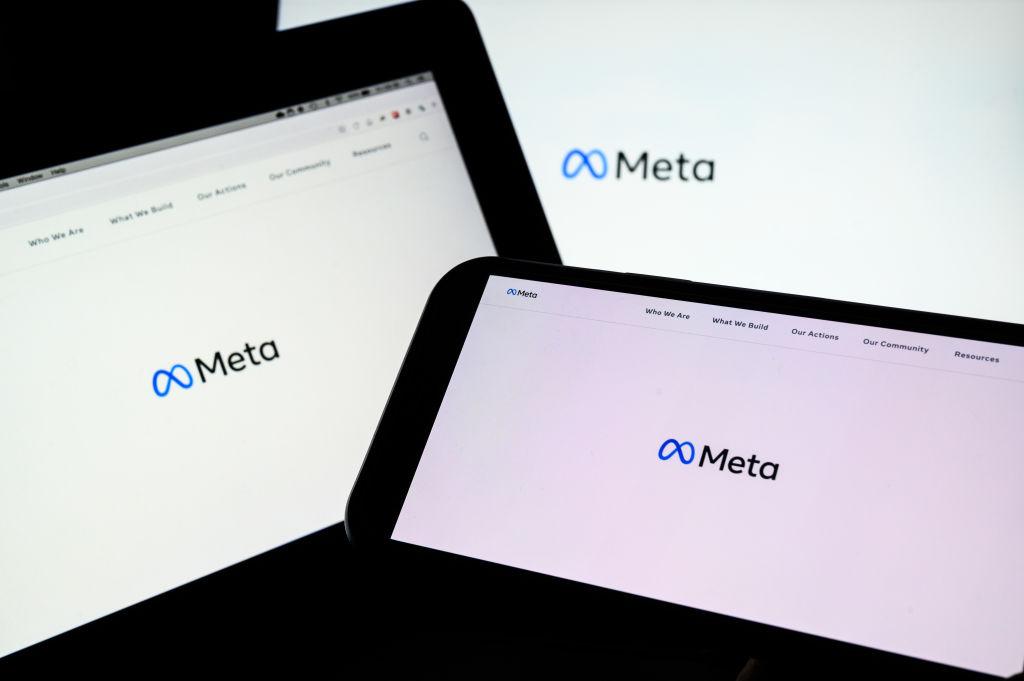Australian authorities have ordered global tech giants to report on the actions they have taken to stop the spread of child sexual exploitation materials on their platforms and will impose penalties on non-compliant companies.
Among the companies receiving legal notices (pdf) from the eSafety Commissioner are Apple, Microsoft, Snap, Omegle and Meta, which owns WhatsApp, Facebook and Instagram.





